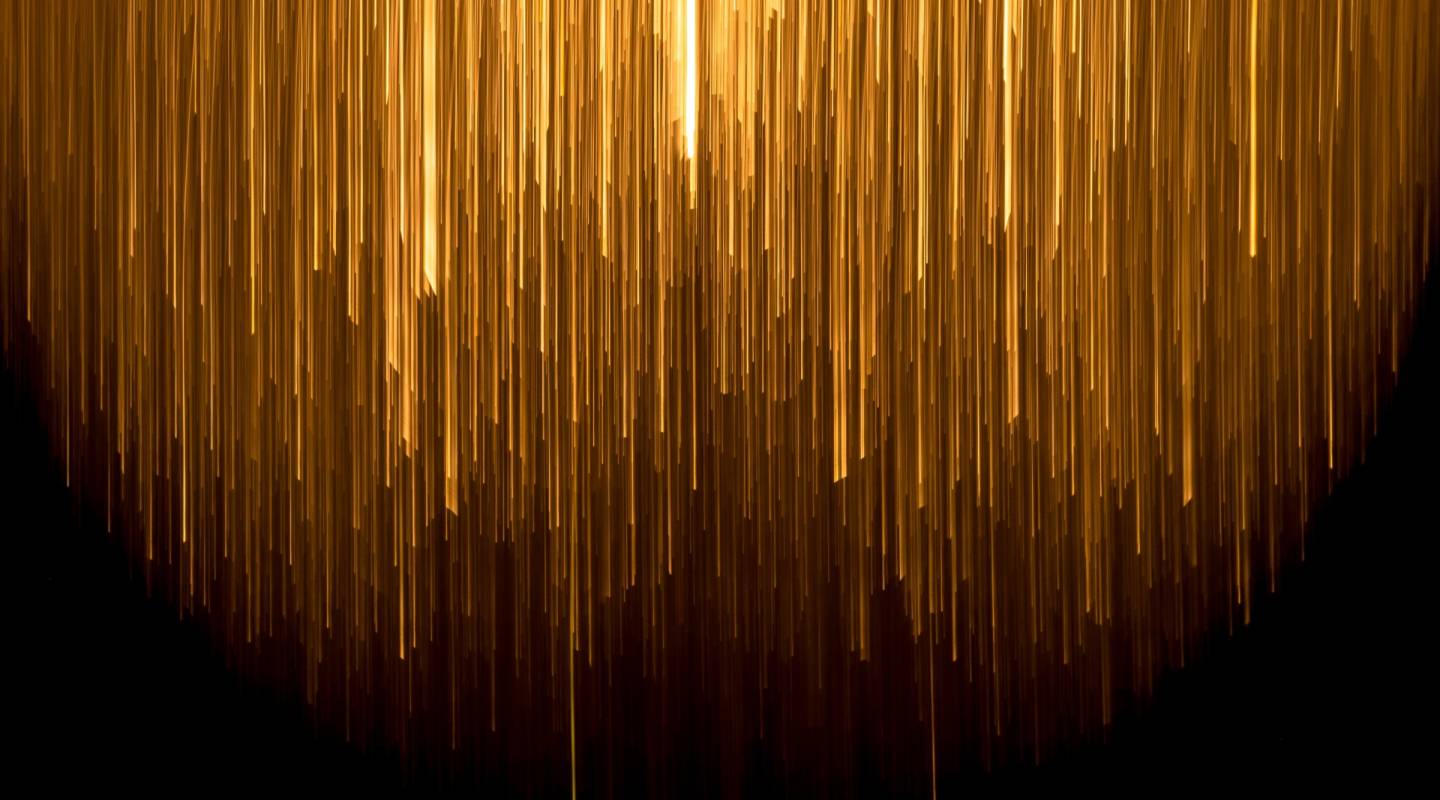From between my four walls, I can say that the five solitary confinement cells are truly “tranomaizina”, another Madagascan word that means “house of darkness”.
Everything is dark here, like the permanent gloom in my 4m × 3m cell with its dark and dirty walls, and where I spend almost all my time as I am only allowed out for a daily walk of 30 minutes to an hour.
Everything is dark here, like the extremely sparse and almost monastic furniture, comprising only a bucket and a bare camp bed.
Everything is dark here, like the eye of the camera that films me constantly — in flagrant violation of both national and international law — and strips me of any privacy.
Everything is dark here, like the rare, brief, closely monitored visits that take place twice per week and last for 15 minutes.
Everything is dark here, like the proselytising for a single religion over the prison’s loudspeakers.
Everything is dark here, like the constant extension of our solitary confinement, with the longest period so far being two months.
Everything is dark here, like the incorporation of customs from outside, where corruption reigns and the exploitation of the weakest by the powerful is the norm.
Everything we are experiencing in here recalls Nelson Mandela’s words in his memoir: “A nation should not be judged by how it treats its highest citizens, but its lowest ones… and South Africa treated its imprisoned African citizens like animals”.
In 2022, Madagascar still treats its prisoners like animals, even though the prison officers are fellow human beings who simply do as they are told.
The people who give them their orders are all too aware that heaviness is resisted by the purity of ideas, hearts, and souls, and that these can never be imprisoned, especially when they are in the service of goodness. In the same way, darkness stands in contrast to the light of the infinite love of our families and friends, who carry us, and the unconditional and merciful love of the Almighty, who transports us far beyond these four prison walls.
Places like Tsiafahy should not exist; sadly, they are all too real.

